The 13 Best Retinol Creams to Smooth Fine Lines—Without Irritation
Plus, expert tips on how to use the game-changing skincare ingredient.


If retinol has been made to sound like a do-it-all skincare hero, that’s because it is. The vitamin A derivative can help treat acne, reduce fine lines, even out skin texture, increase cellular turnover, and even fade hyperpigmentation. The only downside: retinol can be a bit harsh—but that's where the best retinol creams come in.
Unlike intense retinoid prescriptions, retinol creams and serums are commonly packed with hydrating ingredients to help avoid irritation, peeling, or discomfort. Options run the gamut—from expensive yet powerful formulations like SkinMedica's Age Defense Retinol to affordable, gentle options, like The Ordinary Granactive Retinol Emulsion, that you can grab at the drugstore. But don't just buy any random retinol cream and slather it on your face; find the best option for your skin type and follow best practices.
We talked to board-certified dermatologists Dendy Engelman, MD FAAD, Carmen Castilla, MD FAAD, Serena Mraz, MD FAAD, and Michele Farber, MD FAAD, to answer all your burning questions and direct you to the best retinol cream for your skin type.
The Best Retinol Creams
- Best Retinol Cream Overall: Shani Darden Skin Care Retinol Reform Treatment Serum
- Best Firming Retinol Cream: SkinMedica Age Defense Retinol Complex
- Best Retinol Cream for Beginners: Versed Press Restart Gentle Retinol Serum
- Best Luxury Retinol: Augustinus Bader The Retinol Serum
- Best Retinol Cream for Hyperpigmentation: YSE Beauty Last Call Retinol Serum
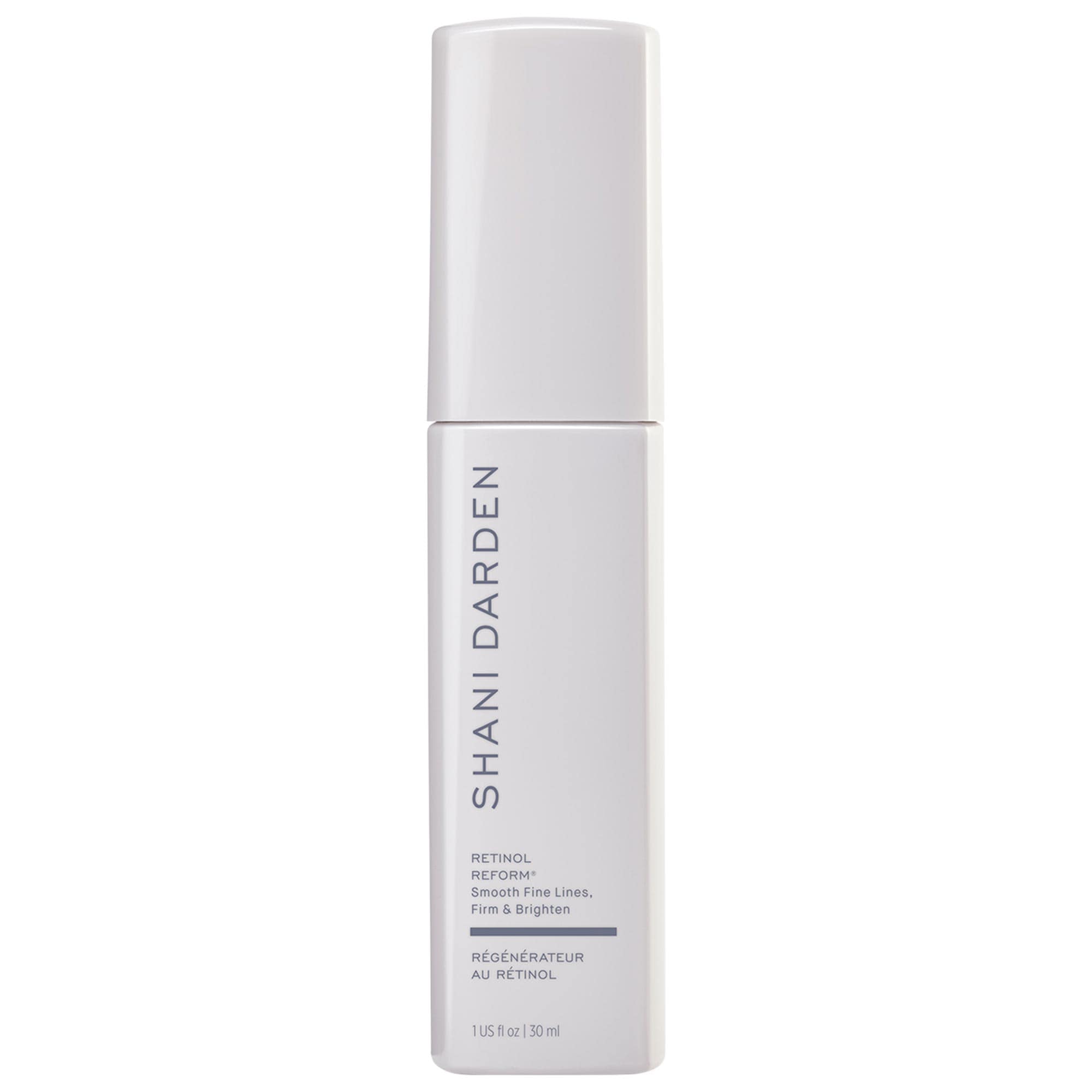
In case the name Shani Darden isn't ringing any bells, she's the woman responsible for Jessica Alba, Rosie Huntington-Whiteley, and Shay Mitchell's glowing complexions. The celebrity esthetician created this cult-favorite serum by combining retinol and lactic acid. Use this for a few weeks and I promise your skin will appear brighter while keeping acne at bay. And because this formula uses encapsulated retinol, it's a gentler option out of the bunch.
Key Ingredients: Encapsulated retinol, alpha hydroxy acid (exfoliates), pyrus malus (apple) fruit extract (antioxidant to protect against pollution)
Who It’s For: Anti-aging, uneven texture
How Often to Use: Starting with one to two nights per week, add on an additional night as tolerated
What We Love: Exfoliating; gentle enough for sensitive skin; vegan formula
What We Don’t: Expensive
Review for MC: "I'll be honest: I'm a prescription retinol girl. There are very few products I think can go toe-to-toe with a professional-grade product, but Shani Darden's formula is the exception. I recommend it to people of all ages—from those in their teens looking to control blackheads to my mom's friends who have more mature skin. The lightweight formula strikes a balance between being gentle yet effective, and provides noticeable results in about six weeks. I've even started swapping it into my routine on nights when I don't use my prescription and have noticed a huge improvement in my skin texture." — Samantha Holender, Beauty Editor
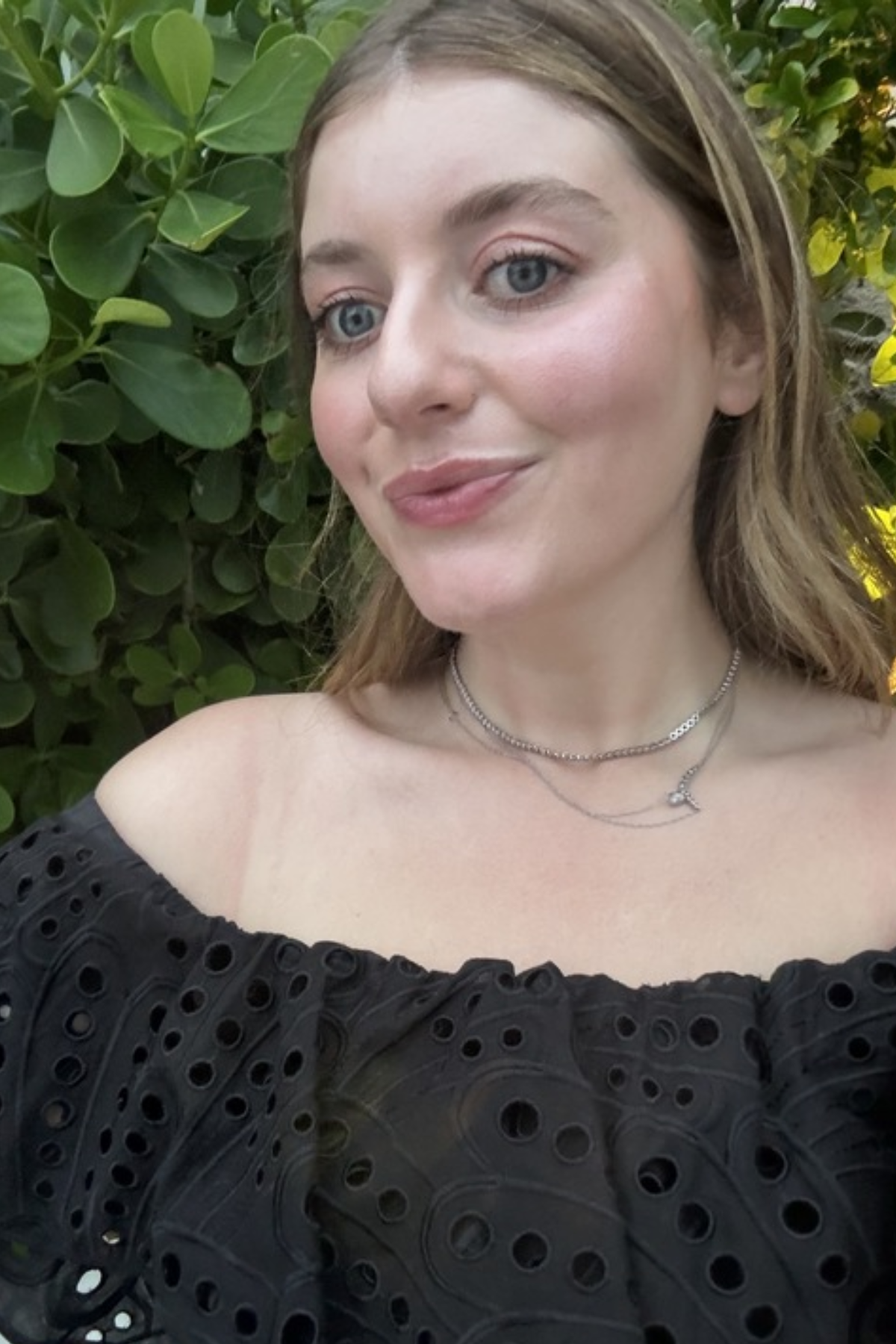
Samantha recommends this product to retinol beginners.
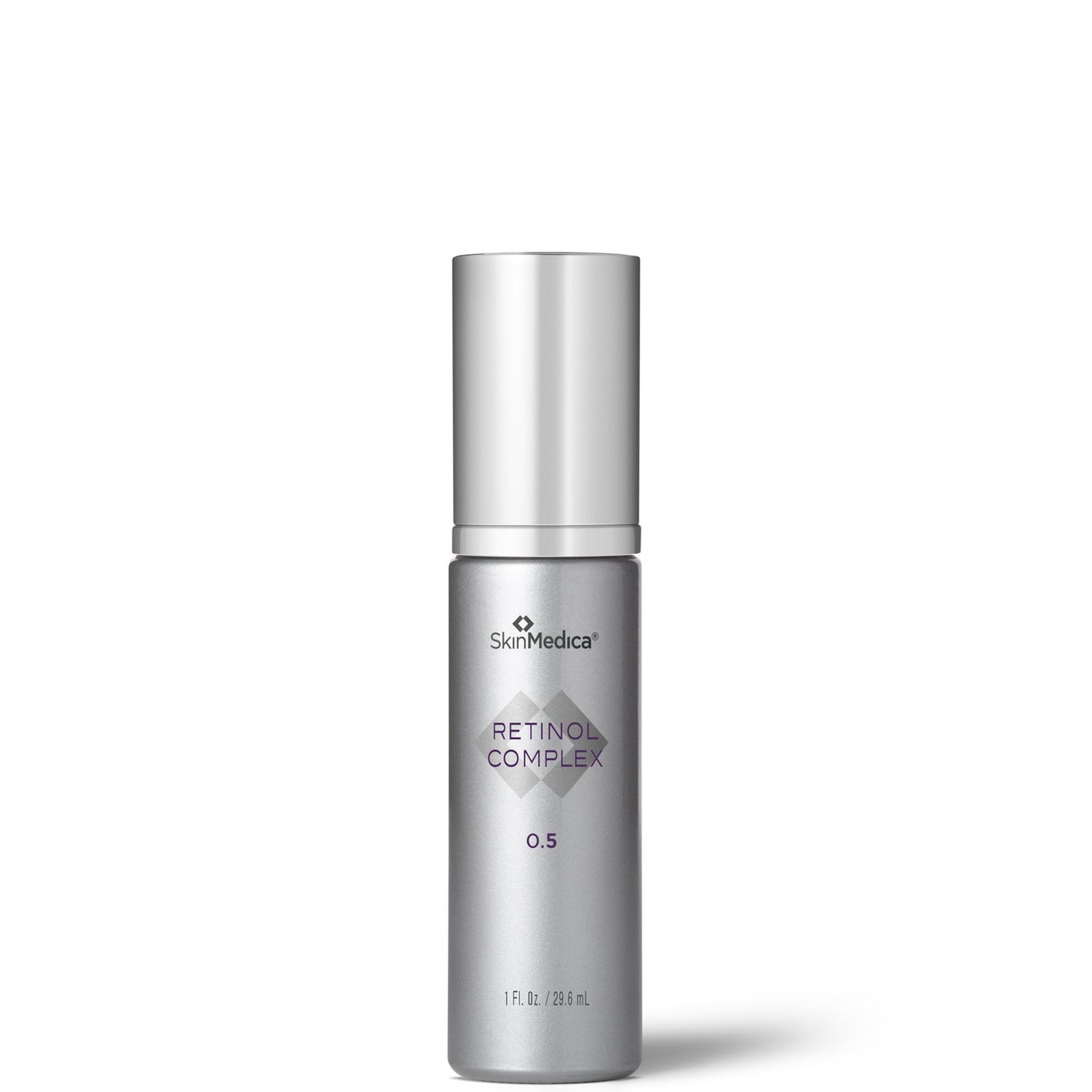
This retinol lotion has nearly all five-star reviews (a 4.7 rating on Dermstore, to be exact) and it's not hard to see why. One look at the crazy before-and-after photos and you'll have proof of the product's efficacy. A potent 0.5 percent retinol is the star of the show here, increasing cell turnover to reveal brighter, tighter skin. As an added bonus, algae and a proprietary antioxidant complex ensure skin stays soft and minimizes irritation.
Key Ingredients: Retinol (smoothes fine lines); PhytoShield™ Complex (skin texture and minimizes irritation)
Who It’s For: Aging skin, loss of firmness
How Often to Use: Start with twice a week and gradually increase to every other night as tolerated
What We Love: You can see results quickly
What We Don’t: Mild redness and irritation can be expected, so start off slowly
Review for MC: “Though I recently started incorporating prescription retinol into my routine, I keep returning to SkinMedica’s Age Defense Retinol Complex. I’m a huge fan of this skincare line, and none of their products have ever let me down—this one is included. Though my skin got a little dry the first few times after using it, my skin quickly became acquainted with it. I use it in conjunction (switching off) with my prescription retinol. My skin is glowing.” — Taryn Brooke, Contributing Beauty Writer
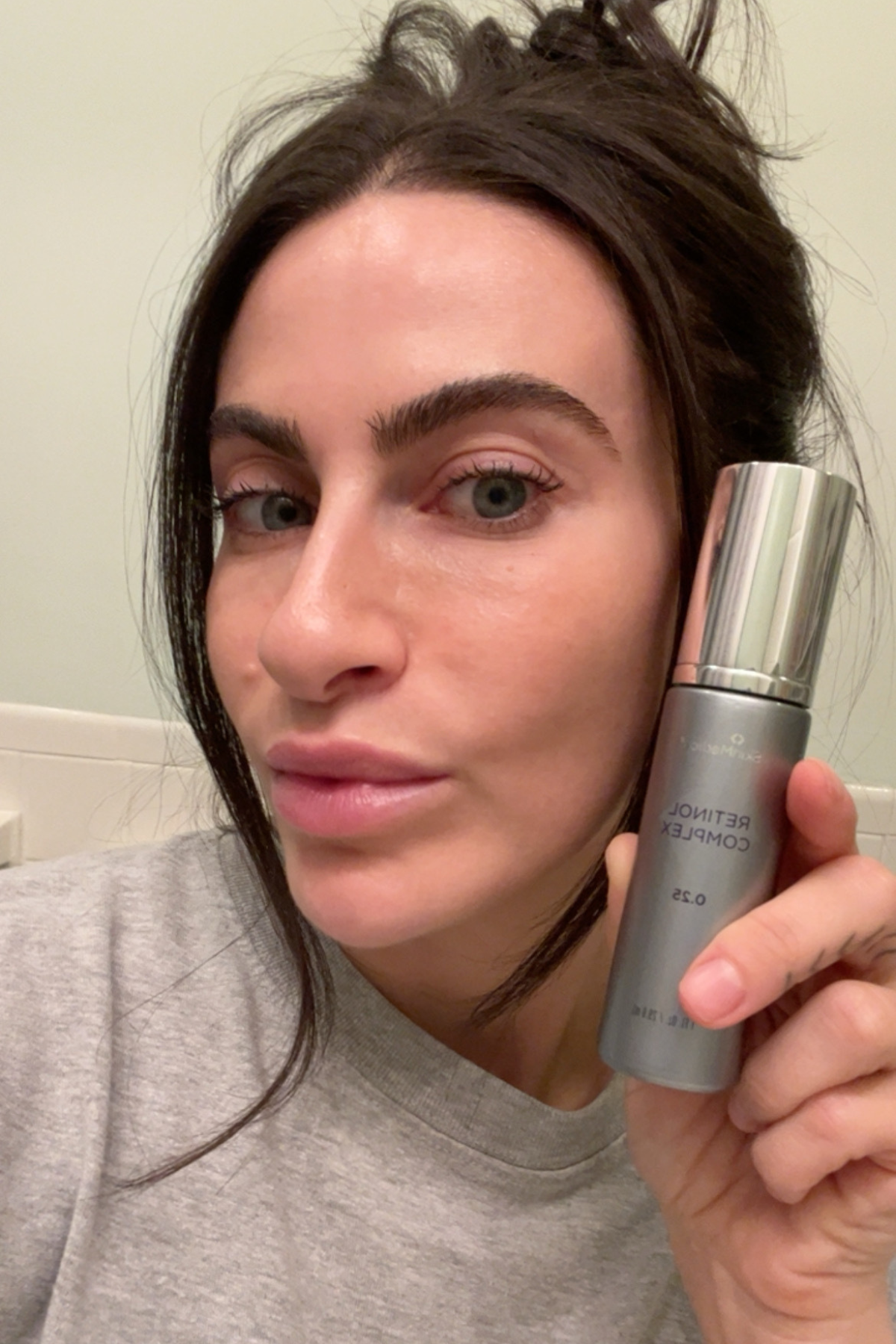
Taryn uses this in tandem with her prescription retinol.
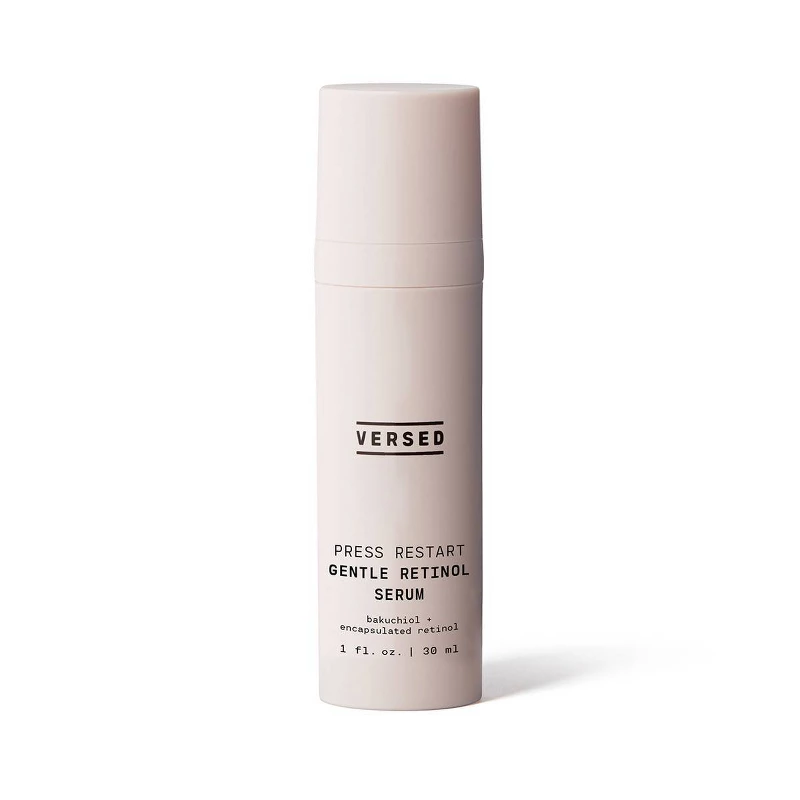
If you’re the new kid in the retinol block, this creamy serum is a great place to start. Formulated specifically for sensitive skin, it combines micro-encapsulated retinol—a protective barrier that helps retinol penetrate the skin more effectively—and bakuchiol, a naturally-derived retinol alternative. Along with antioxidants, you'll get all the benefits of retinol without the harsh side effects.
Key Ingredients: Sunflower seed oil, retinol, bakuchiol
Who It’s For: Retinol newbies, aging skin, dull and problem skin
How Often to Use: At night and as often as tolerated
What We Love: Under $50; gentle enough for sensitive skin; lightweight; fast-absorbing.
What We Don’t: It may take longer to see results.
Review for MC: “Once I hit my mid-20s, I knew I wanted to introduce retinol into my routine, but I had heard about the potential side effects: dryness, redness, flaking, and burning, so I was nervous, to say the least. After lots of research, I came across Versed’s retinol serum, which is specially formulated for retinol beginners and those with sensitive skin. After using the whole bottle, I’m happy to report I experienced smoother skin and zero side effects. I’m able to handle stronger formulas now, but I still keep it in my beauty cabinet for winter when my skin is on the more sensitive side.” — Brooke Knappenberger, Associate Commerce Editor
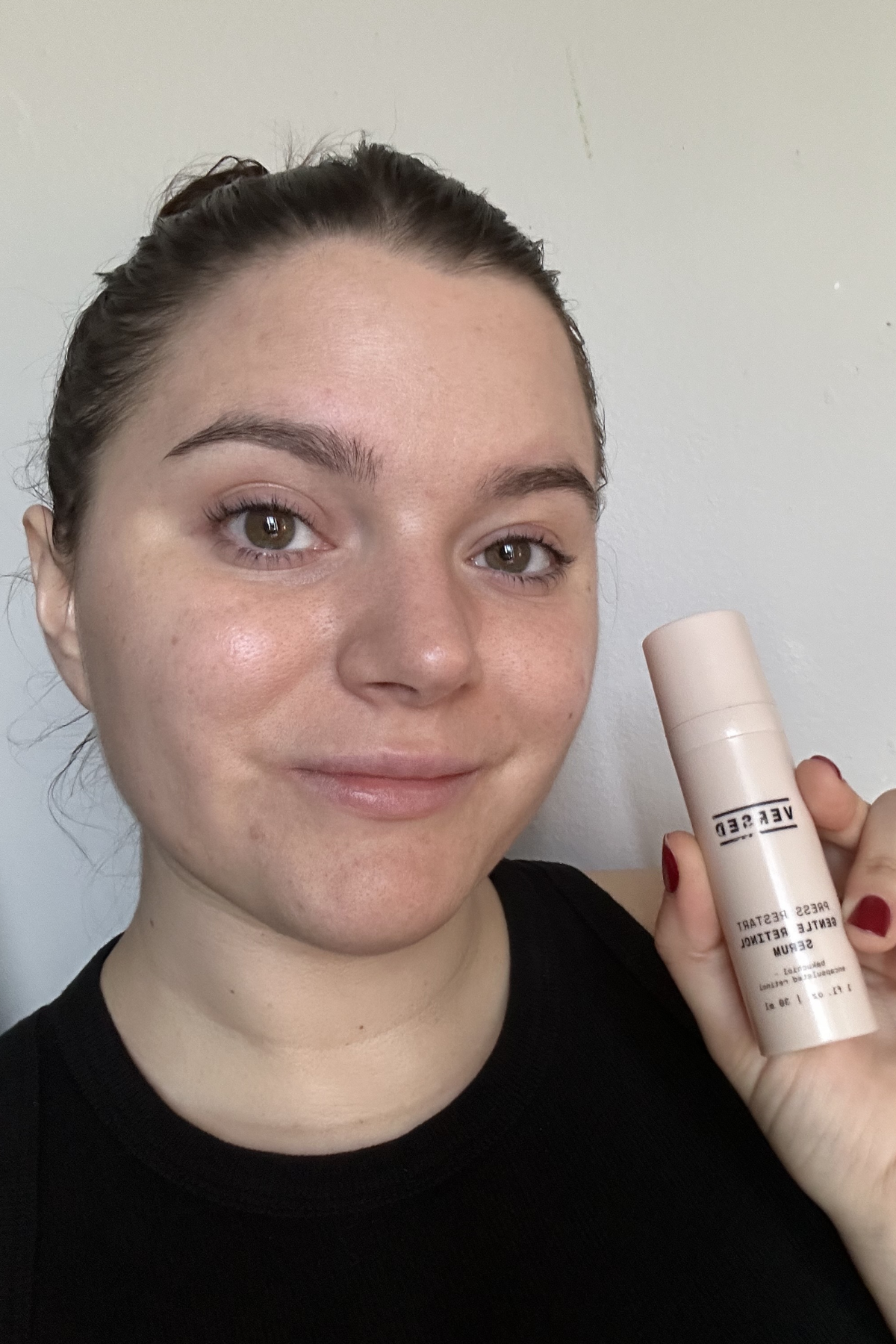
This was the first retinol product Brooke ever used.
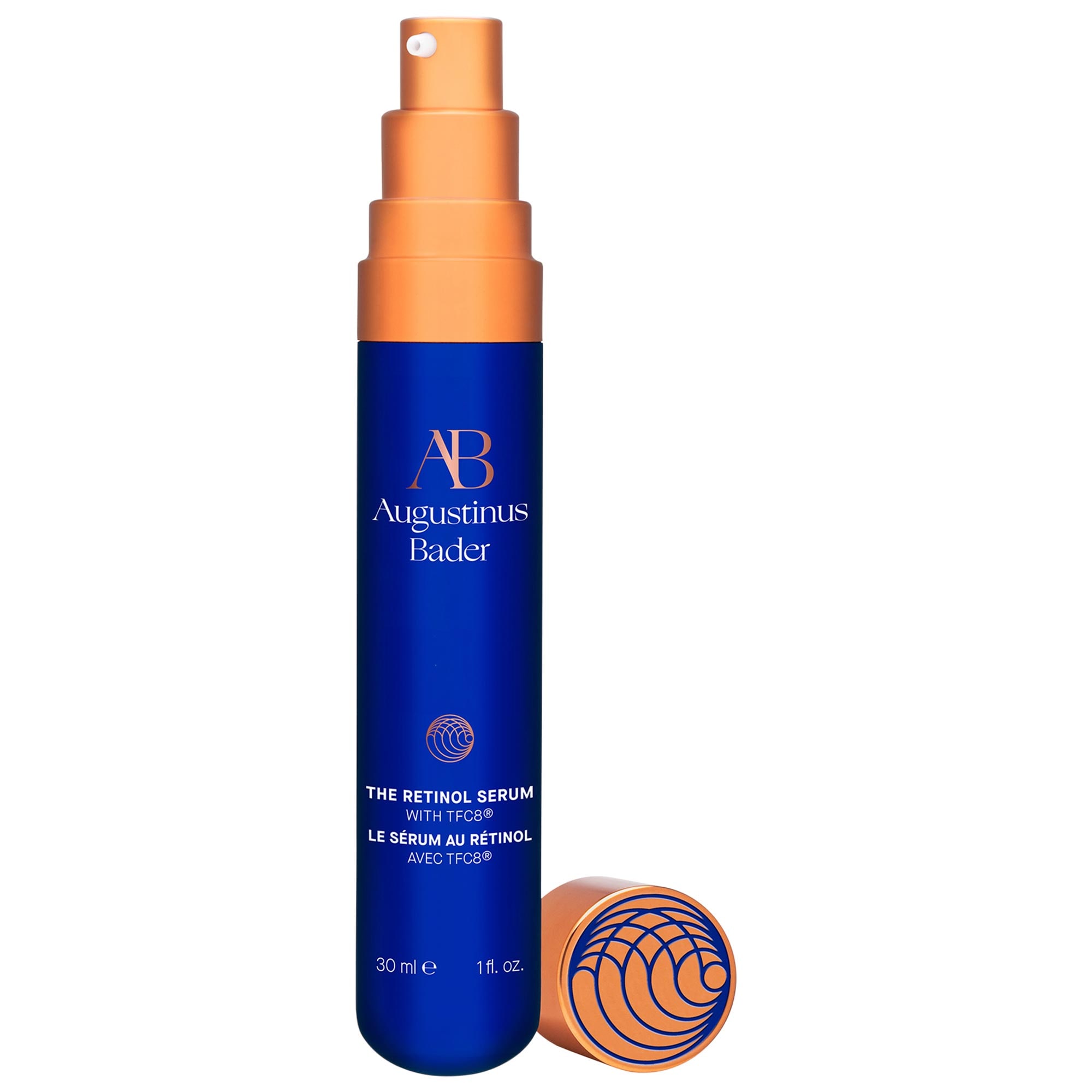
Augustinus Bader’s The Retinol Serum has long been a celebrity (and beauty editor) favorite because it produces serious results. Powered by the brand’s patented TFC8®, their proprietary blend of natural amino acids, vitamins, and peptides, one pump of this serum goes a long way that works to strengthen and firm the skin, reduce the appearance of deep lines and wrinkles, and brighten your complexion.
Key Ingredients: TFC8® (reparative); retinol (smooths fine lines); zinc complex (soothes skin)
Who It’s For: Aging skin, normal skin, dark spots
How Often to Use: As often as tolerated
What We Love: Effective but doesn’t irritate the skin
What We Don’t: Expensive
Review for MC: “The girls who know, know: Augustinus Bader is worth the investment every time. The Retinol Serum is powerful, smoothing out fine lines and evening out skin tone while the brand’s signature TFC8® prevents irritation and protects the skin barrier. Truly such a brilliant formula.” — Kayla Greaves, Contributing Beauty Writer

Kayla loves this luxury product.
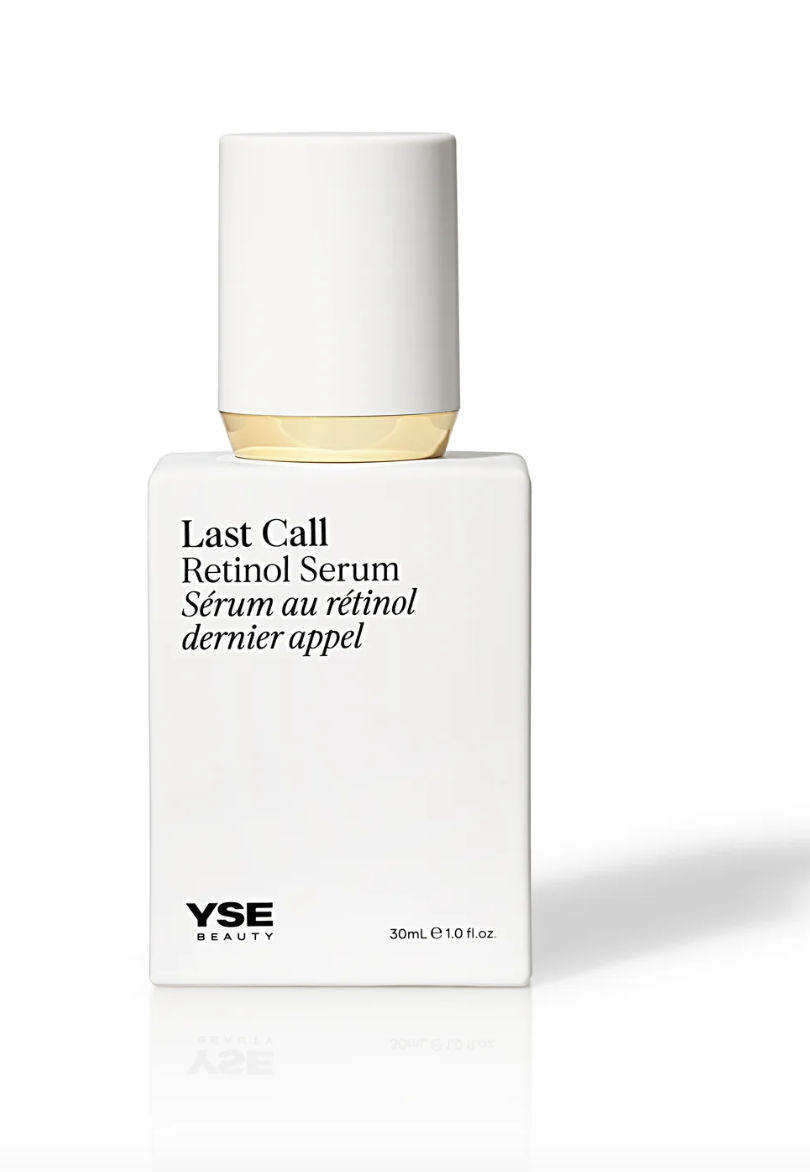
Model, actress, and skincare aficionado Molly Sims created a line focused on gentle yet effective skincare. Inspired by her struggle with hyperpigmentation, YSE Beauty’s Last Call Retinol Serum works to improve fine lines and wrinkles and treat hyperpigmentation at the same time. To firm and brighten the skin, the serum combines a unique cocktail of retinol, niacinamide, and omega fatty acids.
Key Ingredients: Retinol (smooths fine lines); encapsulated retinol; niacinamide (improves hyperpigmentation, boosts hydration); hyaluronic acid (hydration); linoleic acid (supports the skin barrier)
Who It’s For: Sensitive skin, uneven skin tone, loss of firmness
How Often to Use: Start with 1 -3 times per week
What We Love: Doesn’t cause irritation
What We Don’t: Takes longer to see results.
Review for MC: “I struggle dearly with hyperpigmentation, and though I use prescription retinol, I tend to reach for YSE Beauty’s Last Call Retinol Serum when my skin is a little out of sorts, but I still want to use a retinol. It’s perfect for when my skin is sensitive and it actually adds a small dose of moisture to my skin when I need it.” — Taryn Brooke, Beauty Editor
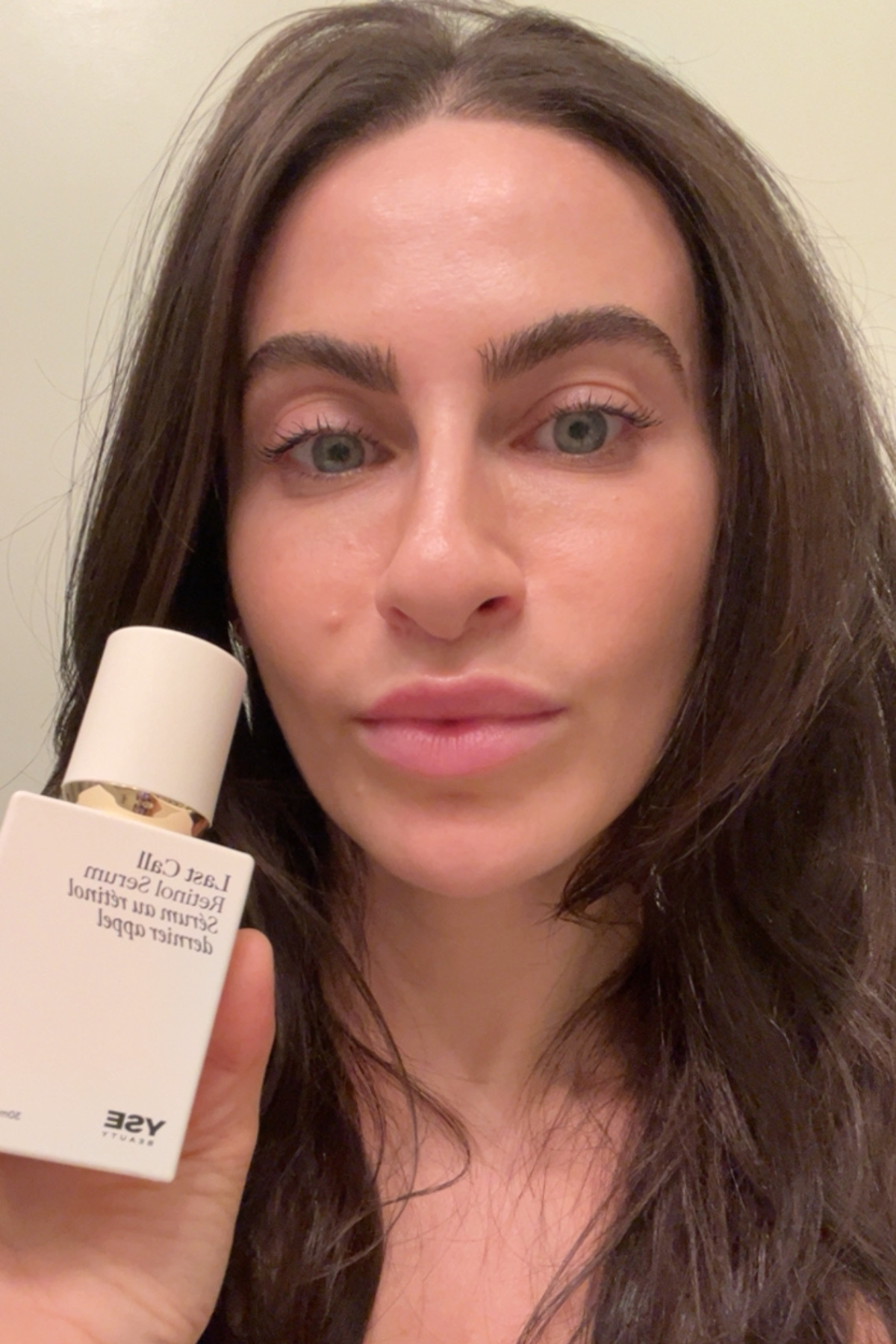
This is ideal for fighting hyperpigmentation.
Other Retinol Creams We Love
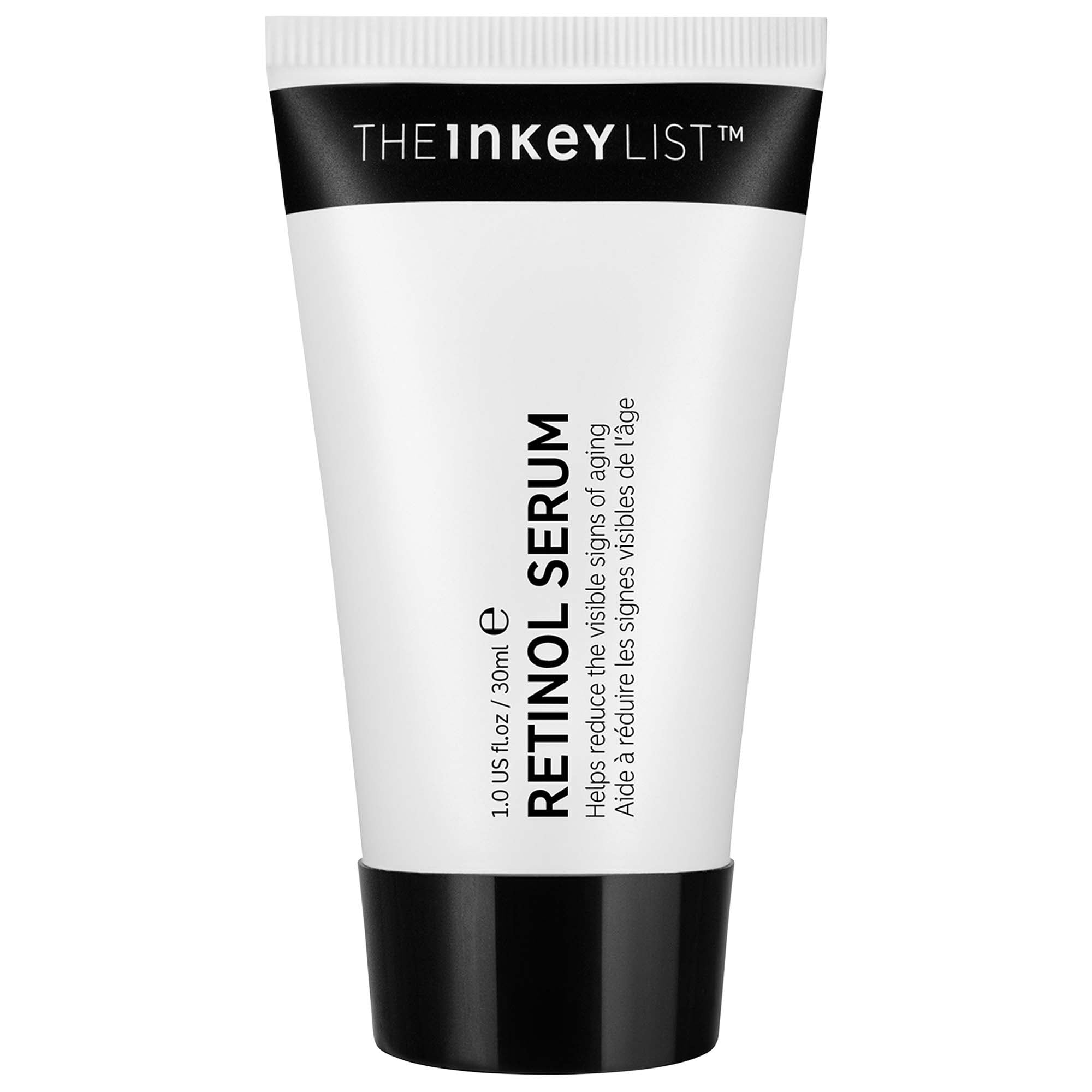
A great retinol product doesn't have to cost you an arm and a leg. Case in point: The Inkey List's Retinol Fine Lines and Wrinkles Serum. Coming in at just $13, this little tube has a no-fuss formula. This serum is especially good for sensitive skin and is made with a gentle retinol called retinyl acetate. It's made all the better by adding squalane, which helps hydrate and soothe the skin. Take comfort in knowing your chance of irritation with this product is zero to none when used correctly.
Key Ingredients: Granactive retinoid (stable, slow release retinol), retinyl acetate (slow release retinol), squalene (hydration and smoothing)
Who It’s For: Sensitive skin, fine lines, loss of firmness
How Often to Use: One to two times per week and gradually increase depending upon how well your skin tolerates it
What We Love: Under $50; a little goes a long way; gentle enough for sensitive skin
What We Don’t: Some reviewers note it has a bad smell
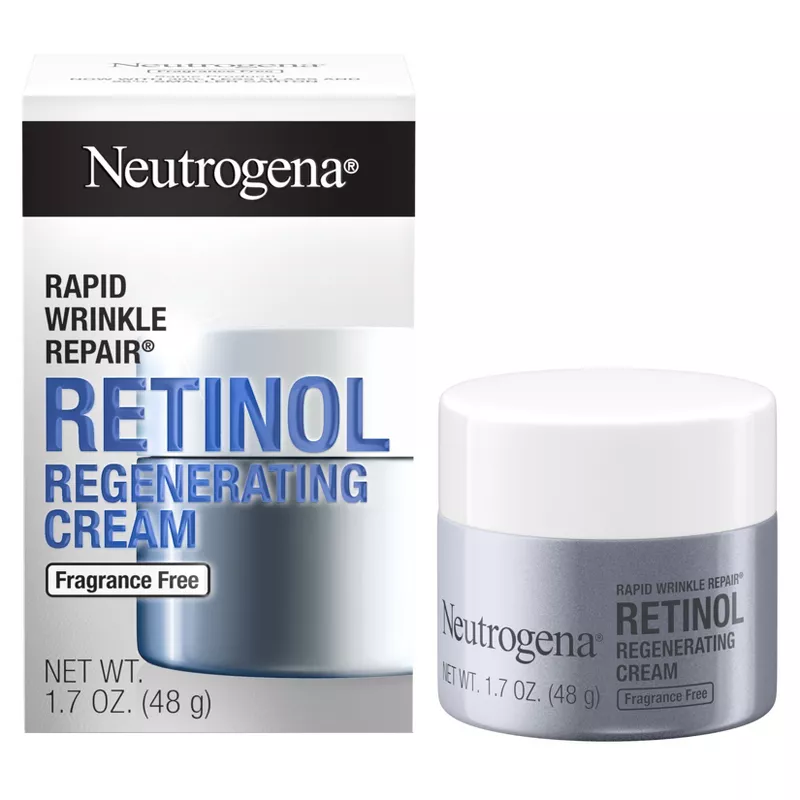
Hyaluronic acid and retinol team up to create this drugstore face cream from Neutrogena. Designed to be used on your face and neck, it softens the look of even the deepest-set lines on your face in as little as four weeks. Thanks to its hydrating formula, which is packed with hyaluronic acid, this product can even replace your traditional moisturizer.
Key Ingredients: Hyaluronic acid (hydration), glycerin (moisturizes)
Who It’s For: Sensitive skin, dry skin, fine lines, and retinol beginners
How Often to Use: Apply twice daily as your daily moisturizer.
What We Love: Hydrating formula; under $50; dermatologist-tested; a little goes a long way
What We Don’t: Takes longer to see results
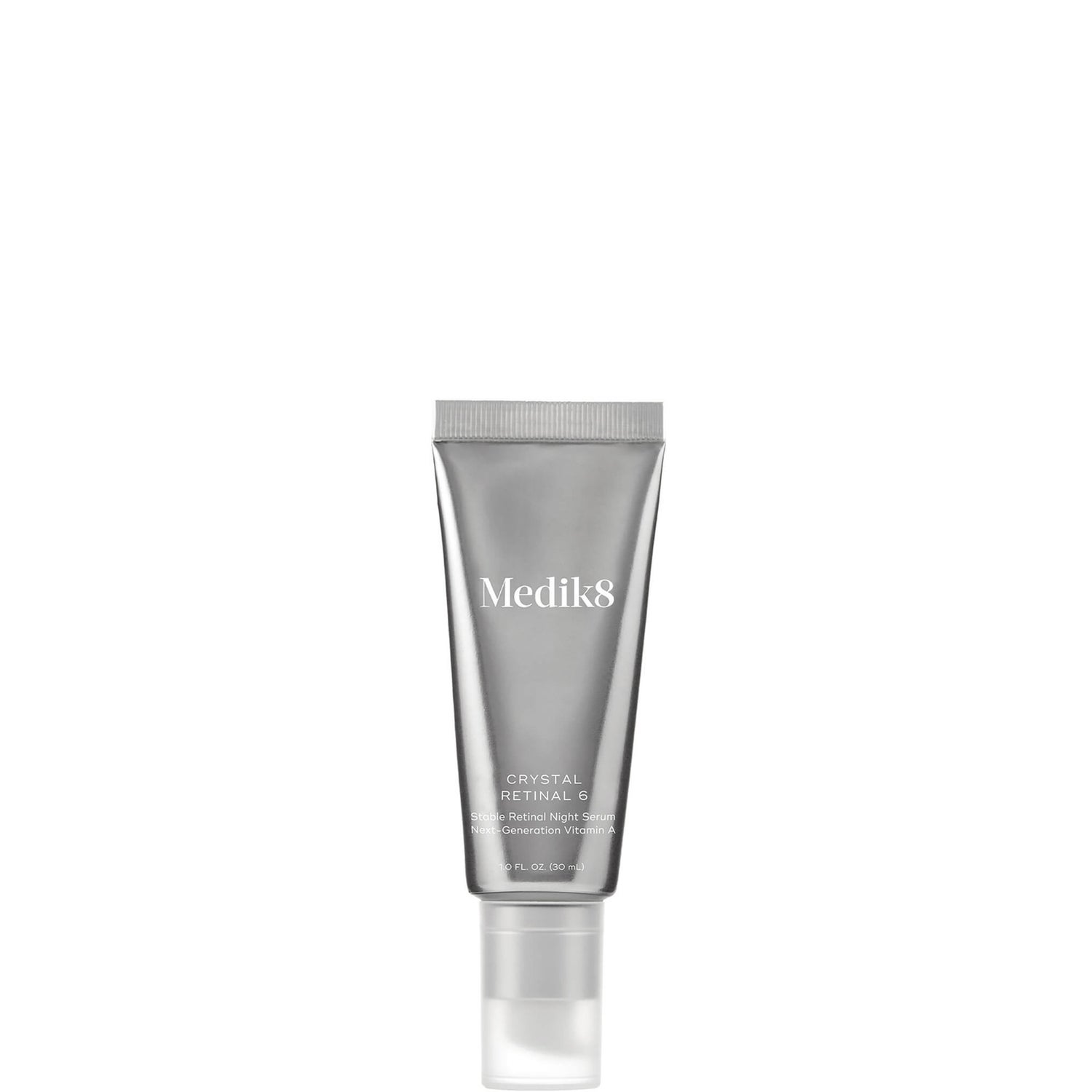
This science-backed skincare brand has made a name for itself with its ground-breaking serums. Crystal Retinal is unique; it contains retinol, a next-generation vitamin A, and works much faster than your standard retinol. Though there are different grades of Crystal Reintal, this is their most powerful one yet. The serum is intended to activate slowly and steadily, so it shouldn't irritate the skin. Still, it's powerful, so ease into the process.
Key Ingredients: Encapsulated retinaldehyde (anti-aging, slow release); hyaluronic acid (hydration), vitamin E (nourishing); glycerin (hydration)
Who It’s For: Aging skin, sensitive to normal skin
How Often to Use: Apply twice a week for the first two weeks, gradually build to every other night and then nightly once tolerated
What We Love: Powerful and fast-acting
What We Don’t: Expensive
Review for MC: “I’ve been testing beauty products for over a decade, so I was pretty sure my skin would be able to tolerate Medik8’s Crystal Retinal 24, the strongest of all their formulas. It took no time to get to work, giving me gorgeous, glowing, and noticeably firmer skin in just a few weeks.” — Kayla Greaves, Contributing Beauty Writer
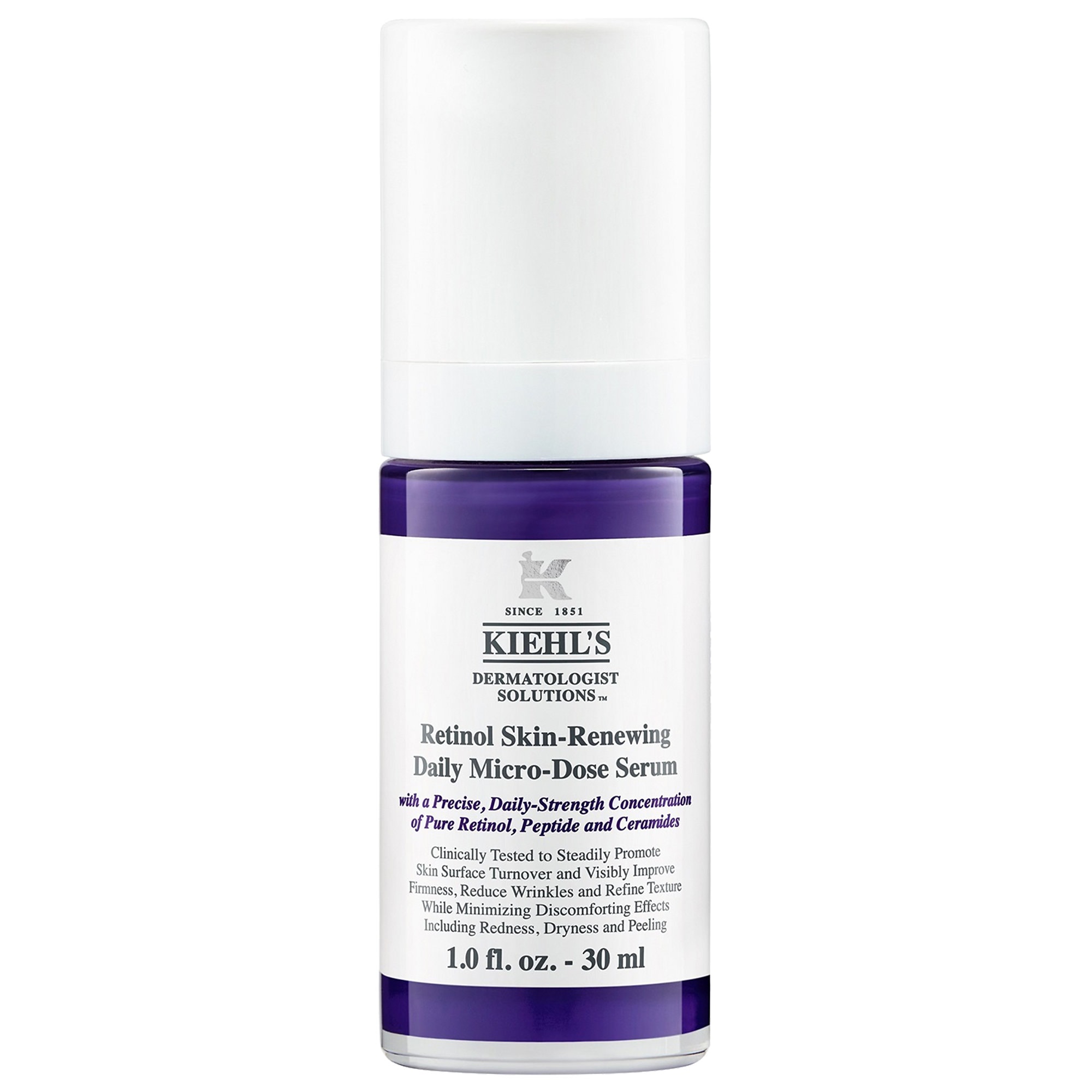
It’s not typically a good idea to jump headfirst into a strong dose of retinol, so ease into the process with this gentle serum-cream hybrid. It has a creamy, lightweight formula that is packed with peptides and ceramides to help restore the skin’s protective barrier. Plus, it has niacinamide to help calm and soothe any redness.
Key Ingredients: Pure retinol (cellular turnover), peptides (fine lines and wrinkles), ceramides (skin barrier)
Who It’s For: Anti-aging, uneven texture
How Often to Use: Use as often as tolerated
What We Love: Gentle and effective
What We Don’t: Takes longer to see results
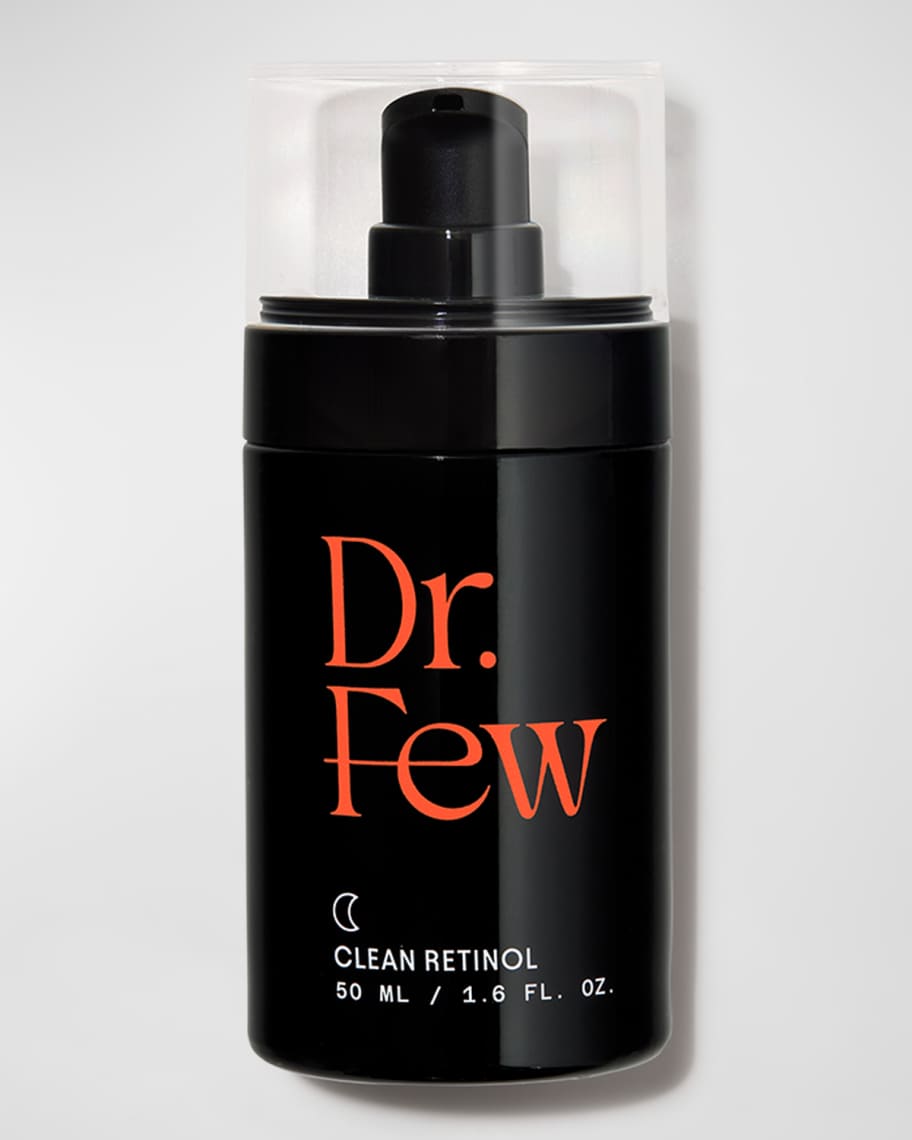
For a clinically tested and potent retinol cream, go to Dr. Few. Formulated with a 0.2 percent dose of retinol and a mix of botanicals, a few weeks using this product will have your skin looking and feeling firmer. The added green tea extract and olive oil keep your complexion comfortable while you remove wrinkles. I have to call out the product's unique packaging , which is thick and opaque, which prevents any light or UV light from touching the serum and decreasing its efficacy.
Key Ingredients: Retinol (anti-aging); argireline (smoothes fine lines); matrixyl (stimulates collagen production); green tea hydrosol (anti-inflammatory)
Who It’s For: Sensitive skin, fine lines and wrinkles
How Often to Use: In the evening and as often as tolerated
What We Love: Effective and non-irritating
What We Don’t: Expensive
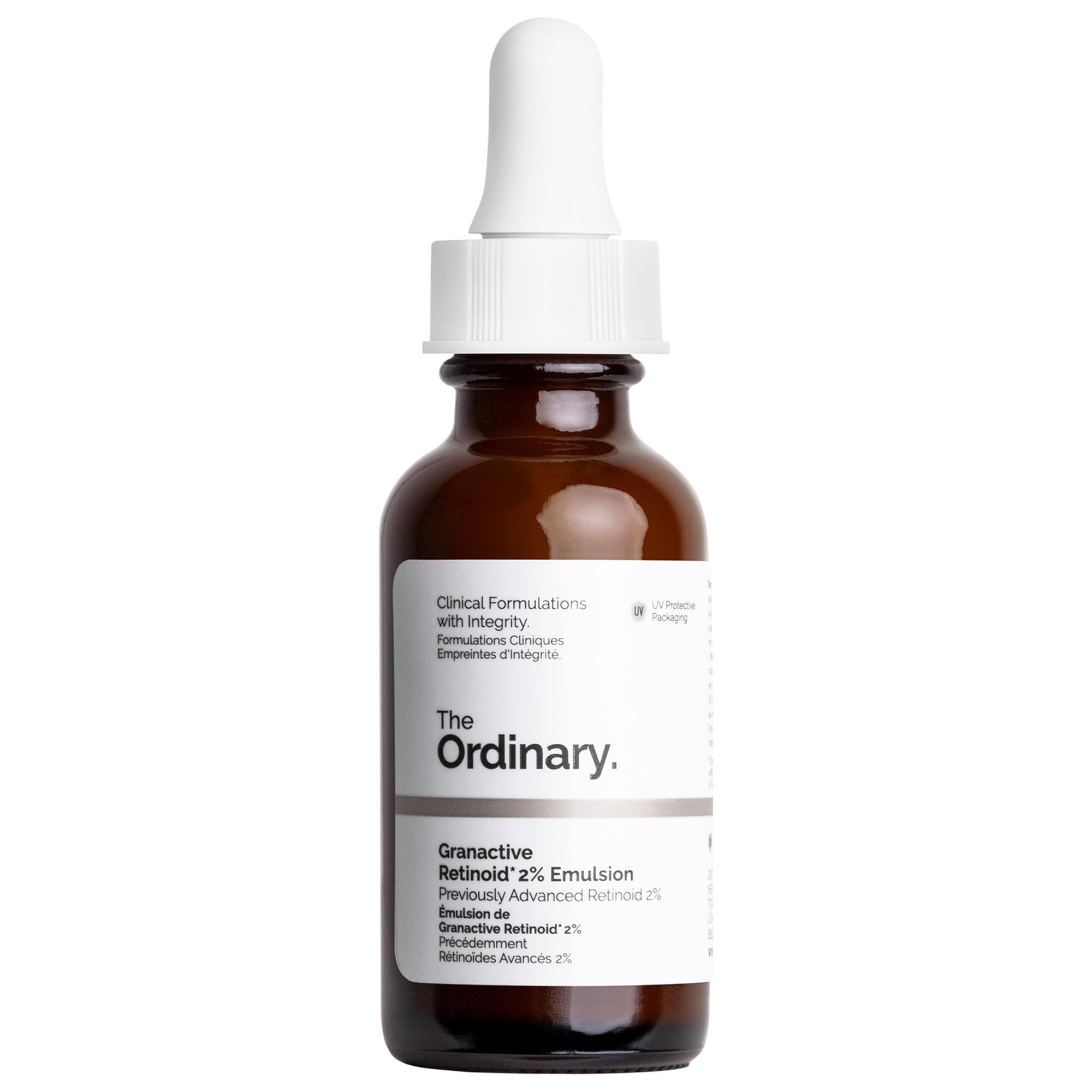
A brand that has made a name for itself as an affordable yet effective skincare truly proves that expensive products aren't always the most effective. This oil-like serum with squalane helps to keep the skin hydrated while delivering some serious retinol. Reviewers of the serum have also noted that it’s helped clear up their cystic acne.
Key Ingredients: Retinol (smoothes fine lines); squalane (hydration)
Who It’s For: Aging skin, acne-prone skin, experienced retinol user
How Often to Use: As often as tolerated
What We Love: Cheap and effective
What We Don’t: Can cause irritation
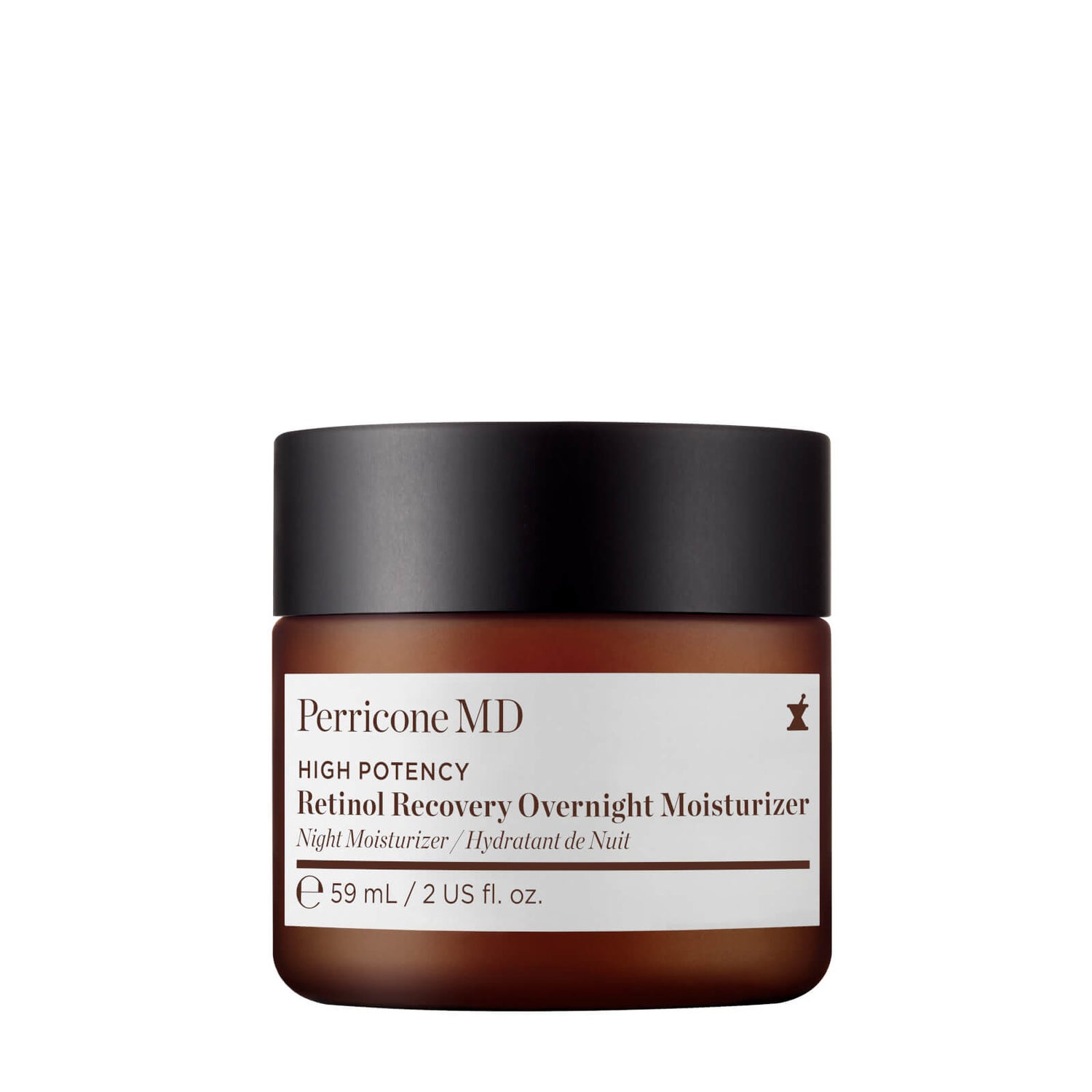
A high-potency retinol and a moisturizer all in one? Yes, please. The idea of waking up with firmer, smoother, and hydrated skin is a win-win-win. Perricone MD’s High Potency Retinol Recovery Overnight Moisturizer is fragrance-free and contains three different forms of retinol, so it’s truly working overtime. Because retinol does its best work overnight, expect to wake up glowing and refreshed.
Key Ingredients: Triple retinol blend: encapsulated retinol, retinol ester, and phyto-retinol (anti-aging); DMAE dimethylaminoethanol (firming); vegetable triglyceride complex (hydration)
Who It’s For: Uneven texture, dry skin
How Often to Use: Use nightly as tolerated
What We Love: Effective; hydrating; a little goes a long way
What We Don’t: Expensive
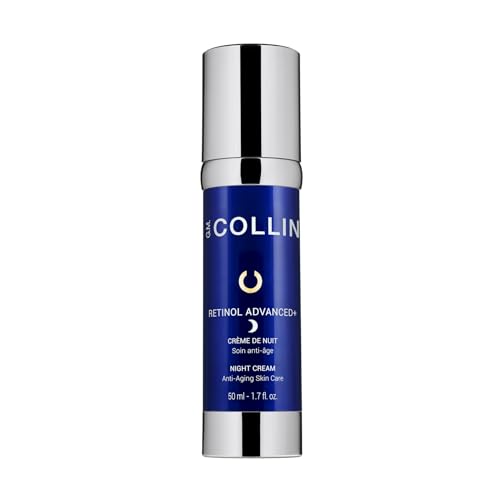
Parisian women are known for their flawless skin, and this brand has a little something to do with that. A beauty brand with a legacy, G.M. Collins was one of the first companies to use collagen when it was founded in the 1950s. Fast-forward to today, and G.M. Collin’s retinol night cream is loved by celebrities and dedicated customers. This retinol night cream was developed to retexturize the skin and fight the signs of aging. Its velvety-textured feel is truly luxurious and easy to swap into your nighttime routine.
Key Ingredients: Retinol (anti-aging), glycine soya extract (hydrates), niacinamide (protects skin’s moisture barrier), Peptide Q10™ (antioxidant)
Who It’s For: Fine lines and wrinkles, skin texture
How Often to Use: Start with every other day for the first week and every day the following week
What We Love: Gentle and hydrating
What We Don’t: Shorter shelf life once opened
What is Retinol?
Retinol, another name for vitamin A, is a powerful ingredient that is referred to by dermatologists as the gold standard of anti-aging. “It can significantly help reduce fine lines, crepiness, and hyperpigmentation by stimulating cell turnover and collagen and elastin production,” says Dr. Engelman. Aside from anti-aging benefits, Dr. Engelman adds that retinol also fortifies the skin barrier, prevents skin damage that is caused by free radicals, and helps to reduce acne and breakouts.
In your skincare journey, you’ll likely come across both retinoids and retinol. Both are active forms of vitamin A, but occur at different strength levels. “Retinoids are usually only available as prescription products (with a few exceptions), as they are more powerful and therefore tend to work faster; however, they are also more likely to cause skin irritation and purging. Retinol is a general term for over-the-counter formulas. While not as strong as retinoids, retinol is still a powerful and effective anti-aging ingredient,” says Dr. Engelman.
How Do Retinol Creams Work?
If you’re curious as to how this hero ingredient does its job (and lives up to its reputation), listen here. Once you apply a product with retinol, it will work its way into your skin and bind with receptors inside skin cells. Dr. Engelman explains that retinol is an effective “cell communicator” and works by “signaling the cells to act as if they were younger and healthier.”
This causes the body to engage in its natural reparative process. This process, says Dr. Castilla, “helps to refresh the skin cells and shed old cells, while promoting a more glowy complexion. This process can also help clear pores and make them much less noticeable.”
She adds that Retinol also helps block skin enzymes that prevent collagen from breaking down. “[The overall effects of retinol] lead to rejuvenation of the skin with increased thickness of the dermal layer, increased collagen production, improved elasticity, reduced fine lines and wrinkles and even skin tone.”
What to Look For in a Retinol Cream
- Potency
“I will generally recommend that patients start with a low potency retinol and gradually work up to higher strengths to assure tolerance and avoid an aversion to using retinoids,” says Dr. Mraz. Most over-the-counter retinol products are available in concentrations of 0.25 percent, 0.3 percent, 0.5 percent, or 1 percent. “The strength [you ultimately choose] really depends on your skin type, goals, and how well you can tolerate retinol,” says Dr. Engelman.
“I recommend starting closer to 0.3 percent and increasing the dose slowly over time if needed to reach a clinical endpoint. Many patients continue indefinitely on a lower dose without increasing the strength and receive great benefit over time,” adds Dr. Mraz.
If you’re still unsure, Dr. Engelman recommends speaking with your dermatologist to determine which product and strength is right for you.
- Formula
“I recommend choosing a retinol product that also contains some hydrating and soothing ingredients to balance out the irritating effects of retinol, such as ceramides, niacinamide, hyaluronic acid, and peptides. These all pair well with retinol,” says Dr. Engelman.
When To Start Using Retinol
This powerhouse ingredient is not just for mature skin. Incorporating retinol into your routine in your twenties can help keep sun damage in check and prevent lines from developing. “Starting a healthy skincare regimen when you’re young will help you to keep your skin in the best shape possible,” says Dr. Farber. “Women should start using retinol creams during their twenties, as this is the time when sun damage starts to become apparent.”
How to Incorporate Retinol
Slow and steady truly wins the race. Dr. Engelman recommends starting with a lower concentration just once or twice per week, “allowing the skin to build up tolerance before increasing the concentration and/or frequency.” Ideally, and eventually, Dr. Castilla says that you should be using retinol nightly.
Applying it in the evening is key to "allow your skin to repair itself overnight and avoid direct sun exposure, which can cause increased irritation,” explains Hannah Zaborowski, FACE FOUNDRIÉ, executive trainer and advanced practice esthetician. Most importantly, don't skip sunscreen during the day. "Always wear SPF during the day and don't forget to reapply," she cautions. "Retinol, especially at the beginning, can make your skin more sensitive and likely to burn."
Along with sunscreen, Zaborowski recommends using a vitamin C serum during the day to help protect your skin from free radicals. As a final note, she adds, "Ensure the rest of your routine is packed with healing and hydrating serums and moisturizers to help keep your skin barrier healthy."
When Will I See Results From a Retinol Cream?
The results will take longer to develop if retinol is being used at a lower dose or frequency. As a general rule, “expect it to take about eight to 12 weeks to see any improvement. The true benefits are in long term use over the years,” says Dr. Castilla.
Meet the Experts
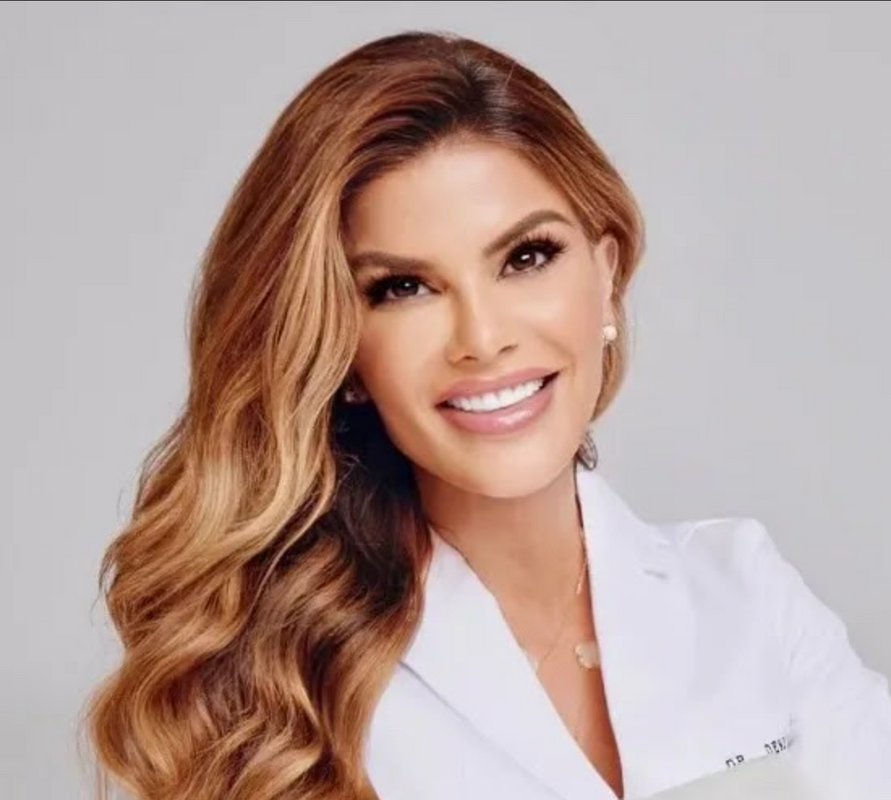
Dr. Dendy Engelman, MD, FACMS, FAAD is a board-certified cosmetic dermatologist and Mohs surgeon at Shafer Clinic in New York City.

Dr. Carmen Castilla is a board-certified dermatologist in New York City specializing in personalized treatment plans in both cosmetic and medical dermatology.

Dr. Serena Mraz is a board-certified dermatologist of Solano Dermatology and Associates in Vallejo, CA.
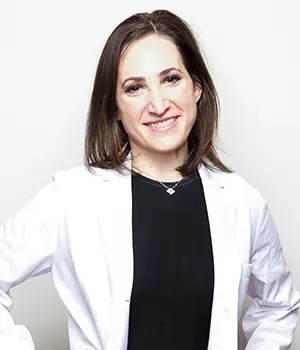
Michele Farber, MD, FAAD is a board-certified dermatologist practicing with Schweiger Dermatology Group in Philadelphia, PA. Dr. Farber’s expertise includes skin cancer as well as general, cosmetic, and procedural dermatology.

Hannah Zaborowski is the Executive Trainer at FACE FOUNDRIÉ and is a licensed advanced practice esthetician.
Get exclusive access to fashion and beauty trends, hot-off-the-press celebrity news, and more.
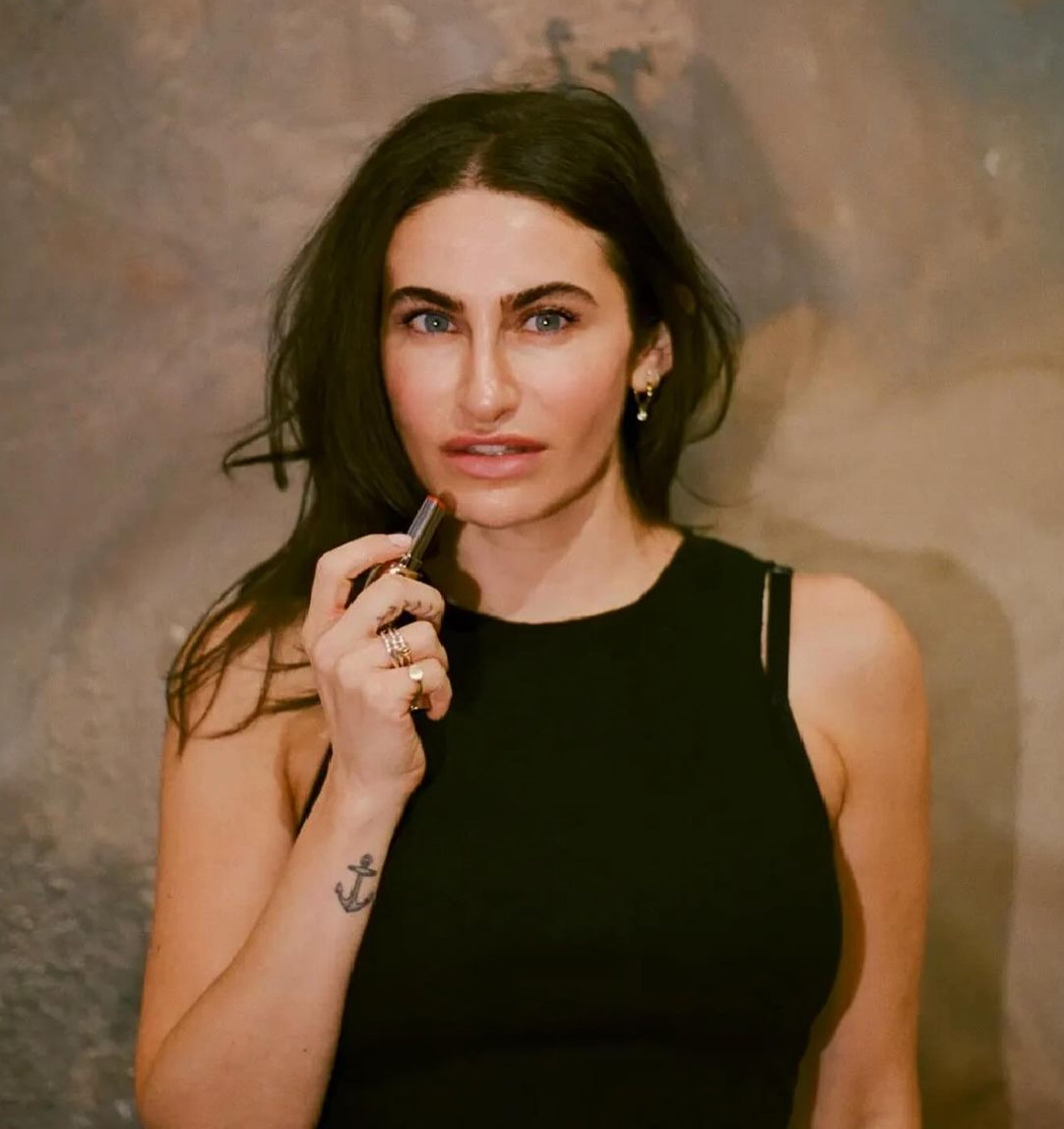
Taryn is a beauty writer based in New York City. She contributes to Marie Claire’s beauty vertical and has experience covering the newest and most innovative skincare and beauty products, aesthetic treatments, and plastic surgery. Her stories touch on everything from the best products to treat hyperpigmentation to why fat grafting is the better alternative to filler. She has been a writer and editor in digital media for over 10 years. She currently contributes to Allure, POPSUGAR, InStyle, The Zoe Report, Bustle, Well + Good, and Byrdie, with her byline also having appeared in publications including Coveteur, Maxim, Thrillist, and Elite Daily. As a beauty writer, her bathroom is stocked with numerous skincare products that she’s constantly testing and is always ready to try the buzziest treatments in the name of beauty journalism. She is still looking for the perfect product to treat her melasma.In addition to her writing, Taryn also directs, produces, and writes short films that have appeared at numerous film festivals around the country. She holds a BA in Communications and Political Science from Queens College and a Master’s in Education from Touro College. Whenever she has a free moment, you can find her hopping around New York City with her Maltese pup, Brie, and probably daydreaming about being at the beach. Follow her on Instagram @tazbrooke.